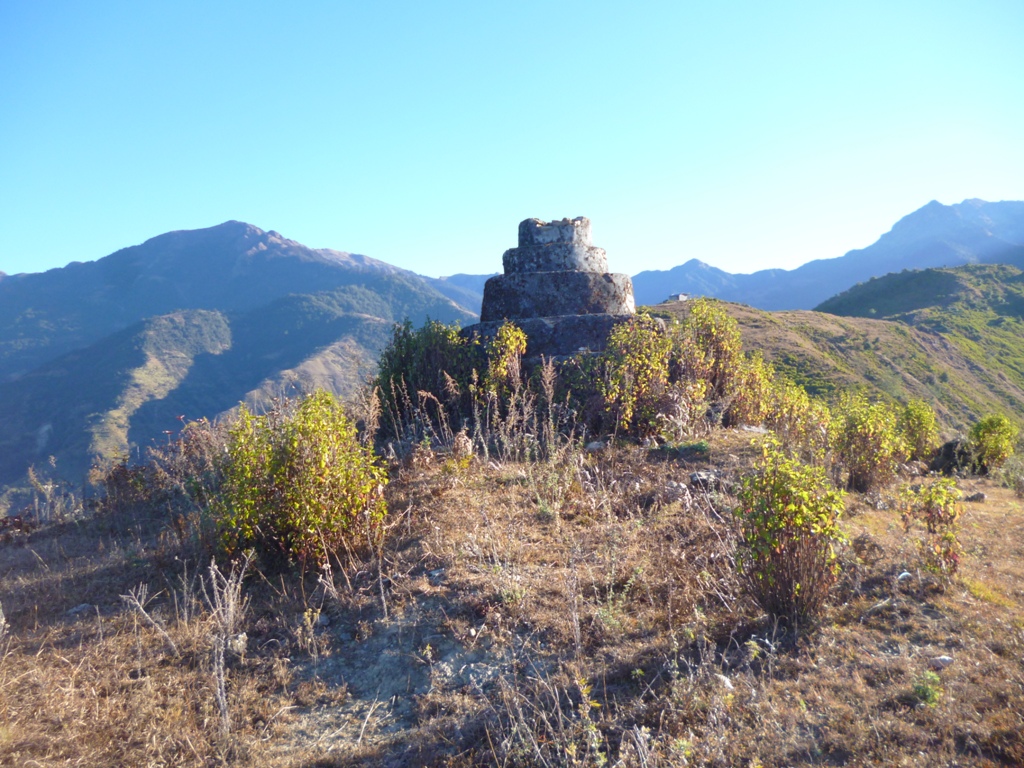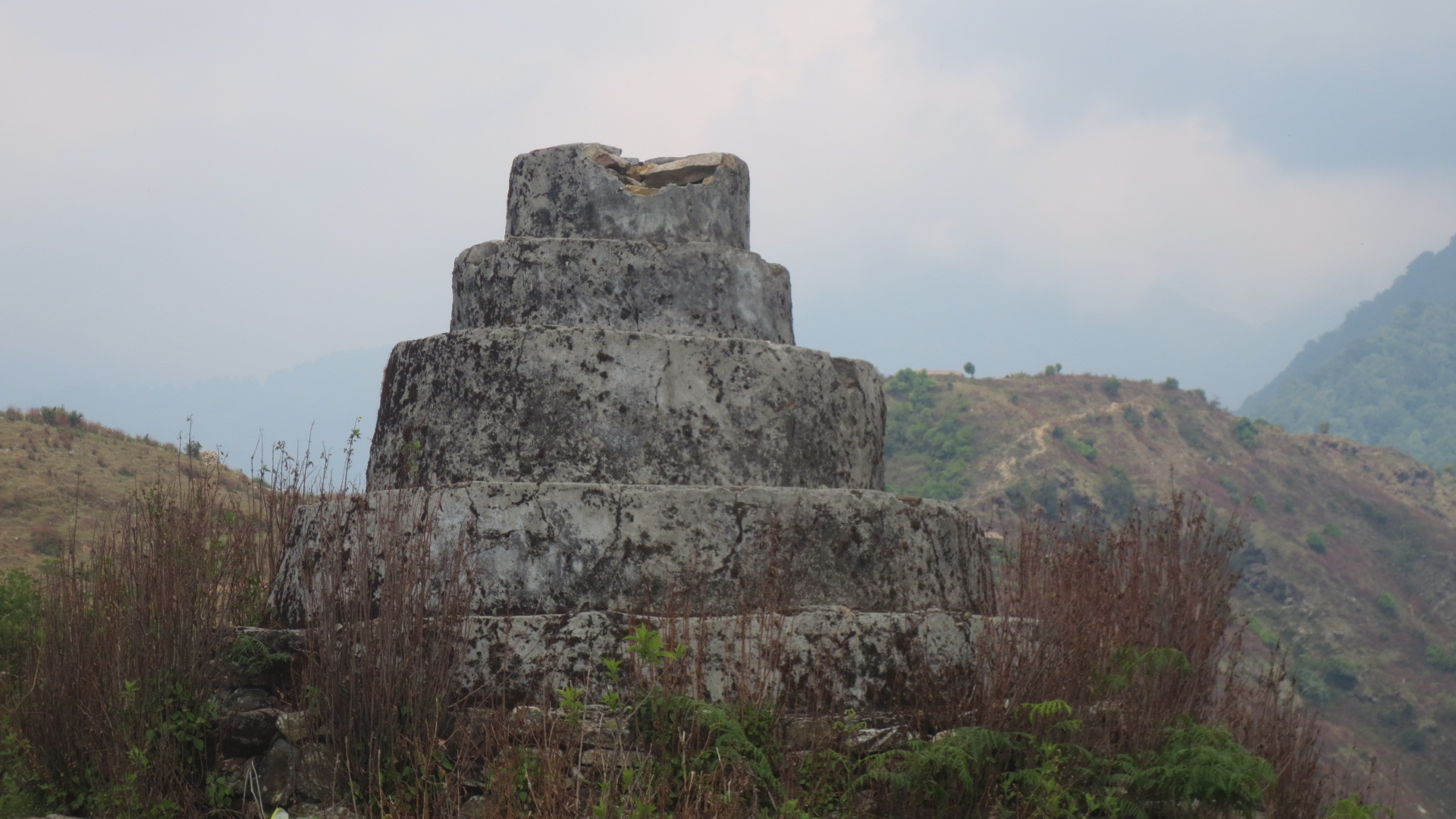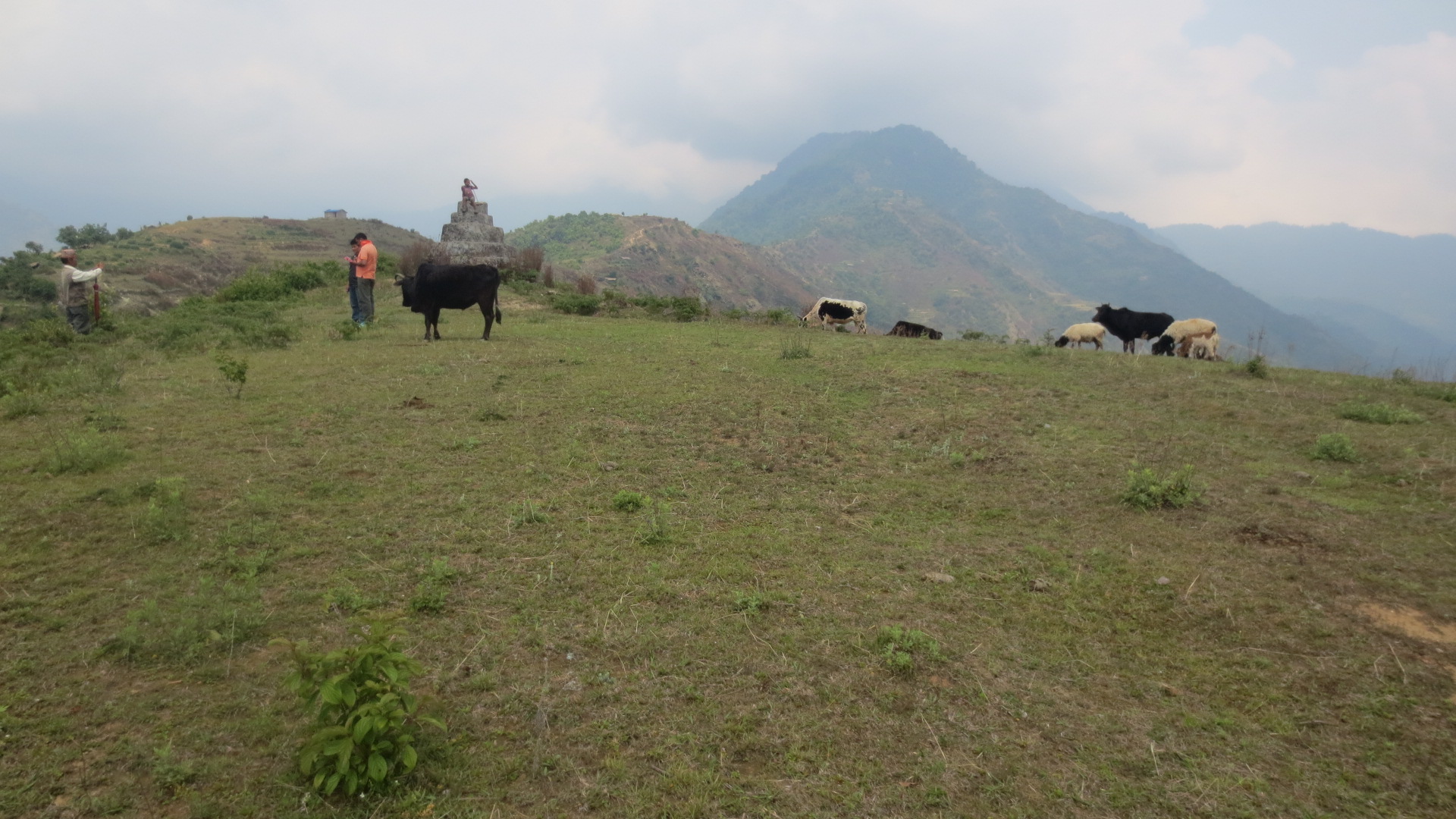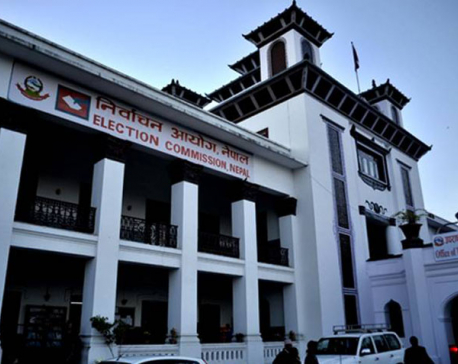
OR
FIRST PERSON ACCOUNT
The ‘silence’ of May 7, 2002 in Gaam lingers on
Published On: June 16, 2018 01:24 PM NPT By: Dinesh Subedi

ROLPA, June 16: Even today, residents of Gaam of Rolpa recall the deadly night of May 7, 2002. The residents, who had gone to bed to call the day’s end, woke up as government security forces and Maoists exchanged fire. That night, 106 security personnel from Nepal Army, Police, Armed Police Force and government officials lost their lives while three dozen Maoists were killed.
 Deu Singh Gharti was a prisoner in the Army’s barrack, handcuffed. Years later, Gharti, alias, Stone recalls the horrific night:
Deu Singh Gharti was a prisoner in the Army’s barrack, handcuffed. Years later, Gharti, alias, Stone recalls the horrific night:
We were preparing to sleep after our dinner. All of us were inside our tents. It was around 9:30 PM when the firing started. Initially, we thought the firing was from small arms but sounds gradually increased. Around 16 Armed Police Force personnel next to me fell down. Shortly after, Nepal Army soldiers followed the same plight.
An army man told me, ‘If they come to capture this barrack, you’d be the first to die.’ But, he was the first one to be shot.” As soldiers started to fall, I rushed and hid between two rocks. Hundreds of bullets flew past my ears. Luckily, I only sustained minor injury in my leg by bullet shreds. The secure Army camp had turned into a dead and grief zone. Soldiers were crying, screaming from pain, remembering their mothers, water and more.

“It didn’t break. Instead, it tightened and they took me to a technical person, Barsha Man Pun, alias, Ananta. Somehow, Pun had set my hands free.”
Having survived the massive fight by staying between two rocks, the Maoists renamed Deu Singh’s name as “Stone”.
“After the midnight war, the Maoists searched the barrack and seized arms and ammunitions. Some of the soldiers fled the scene while those who were injured and crying for help were shot dead one-by-one by the Maoists next morning.
The bodies of the deceased stayed in the same place for a day. As the ground was filled with dead bodies, a helicopter could not land. Neither could additional security personnel come. It was on May 9, when a patrol came and cleared the bodies to make space for helicopter to land.

The Army had taken important items and left its rations for local residents. Few days later, the Maoists came and tortured residents for using Army’s food items. “We were like a football between the two forces.
After the Army arrested me, I forcibly became a Maoist and went underground. There are many people who turned into Maoists by force—only to be safe in one side.
“Even today, Gaam is grief struck. Those who fought have become political forces and run the government. Gaam remains quiet. Locals are yet to enjoy basic infrastructure development; electricity, education, health and agriculture. “Everything is the same. This was the place where all Maoists treaded, but they have forgotten the paths they’ve walked to become leaders.”
You May Like This

Silence
To highlight a quote by Herta Muller, “What can’t be said can be written. Because writing is a silent act,... Read More...

Silence period for phase II poll commencing tonight
KATHMANDU, Dec 4: The silence period for the second phase of the elections to the House of Representatives and State... Read More...

Kriti breaks silence over her relationship with Sushant
MUMBAI, June 19: Actress Kriti Sanon, who was rumored to be dating the ‘Kai Po Che’ star Sushant Singh Rajput,... Read More...




Just In
- Nepal-Qatar Relations: Prioritize promoting interests of Nepali migrant workers
- Health ministry to conduct ‘search and vaccinate’ campaign on May 13
- Indian customs releases trucks carrying Nepali tea, halted across Kakarbhitta
- Silent period for by-election to begin from midnight
- SC issues short-term interim order to govt and TU not to take immediate action against TU legal advisor Khanal
- National consultation workshop advocates to scale up nutrition smart community in Nepal
- Patan High Court issues short-term interim order to halt selection process of NTB’s CEO
- NEPSE inches up 0.15 points; daily turnover increases to Rs 2.53 billion













Leave A Comment